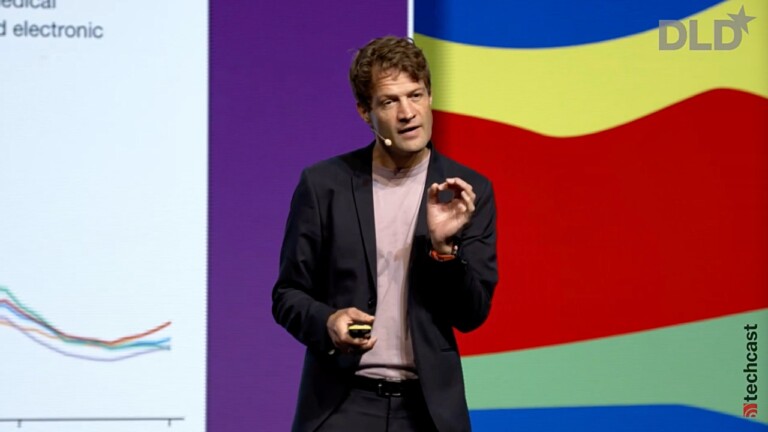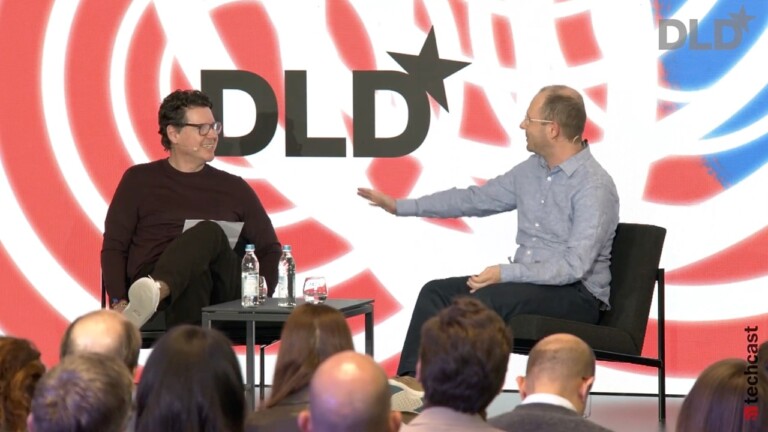The circular economy has the potential to redefine how businesses operate – but it faces significant challenges in scaling globally. Mark Buckley (Ellen MacArthur Foundation) and strategic advisor Katja Kleebach explore how businesses can learn from the system they’re trying to replace – the linear economy – to make circularity profitable and scalable.
“More than half of the big businesses that we work with have a circular economy strategy or a roadmap or a public target in place”, Mark Buckley notes, outlining the progress the circular economy has made over past past 15 years.
But implementation lags behind ambition. “The idea is absolutely out there, but when it comes to the implementation of that idea, that’s where there’s a big gap”, Buckley says, adding that the circular economy is “not yet happening at scale.”
Global problems such as plastic waste, fast fashion, and overproduction are outpacing current progress, he notes. “We’ve doubled the amount of clothing produced in the last 20 years, but we’re wearing it for half as long.”
Katja Kleebach underscores the need to make circularity attractive for businesses and consumers alike. “Selling a sofa once makes you 600 euros, but refurbishing it and selling extra covers doubles that revenue,” she explains.
She also highlights the importance of storytelling and design, emphasizing that brands like Vinted succeed not just because they promote sustainability but because they make second-hand shopping “fun, fast, and convenient.”
Watch the video for further insights into the importance of collaboration, systems thinking, and collective action.




